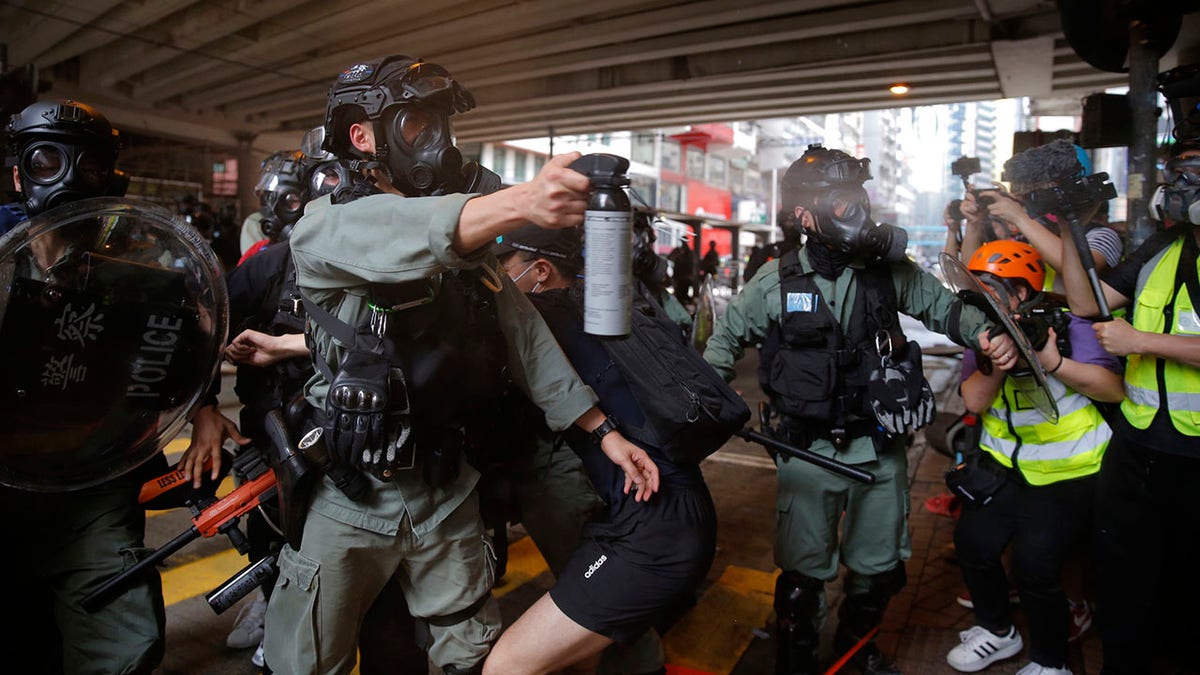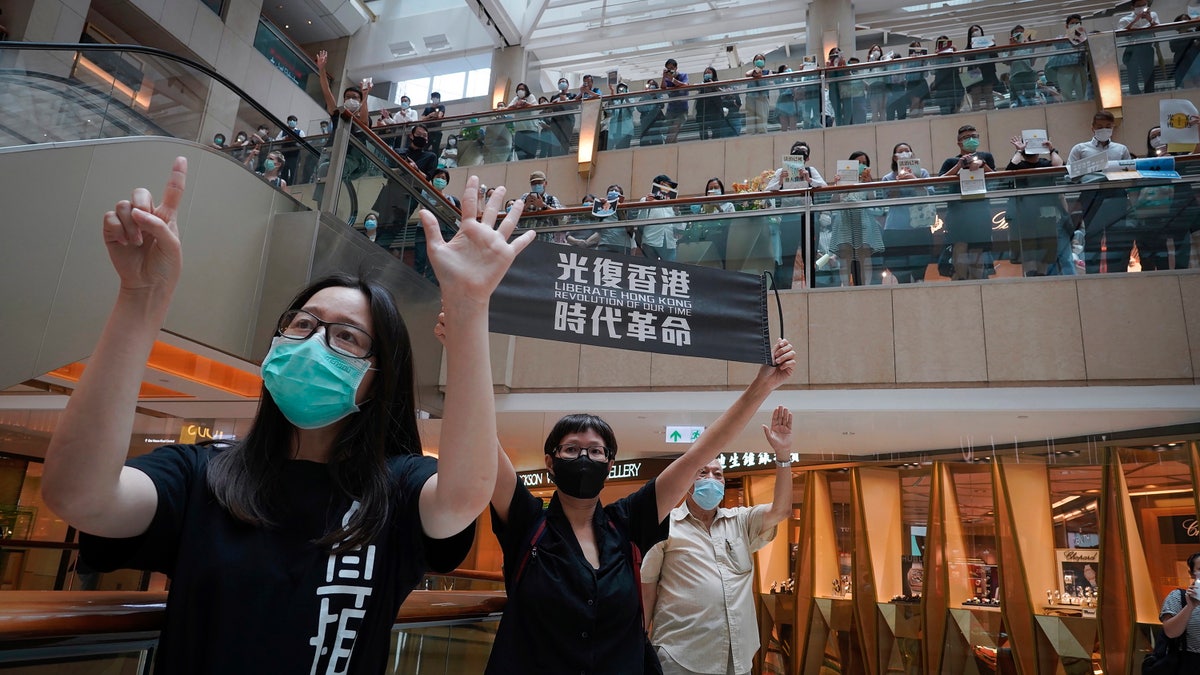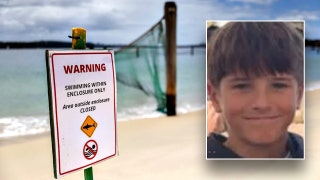UK suspends extradition treaty with Hong Kong amid Chinese national security law
The British government suspended its extradition arrangements with Hong Kong due to controversial national security legislation imposed by Beijing on July 1.
China announced Tuesday that Hong Kong will suspend extradition treaties with Canada, Australia and the United Kingdom after the group of countries took similar measures in response to its controversial new security law.
The developments come as New Zealand became the fourth member of the “Five Eyes” intelligence-sharing alliance – which also includes the U.S. – to announce the suspension of its extradition treaty with the semi-autonomous territory.
"Judicial cooperation has been politically manipulated by Canada, Australia and the U.K. – a wrong move that damages the conditions for such cooperation and deviates from its purpose of upholding justice and the rule of law," Chinese foreign ministry spokesman Wang Wenbin was quoted by the BBC as saying.
UK SUSPENDS EXTRADITION ARRANGEMENTS WITH HONG KONG

Riot Police use pepper spray on protesters during a protest against Beijing's national security legislation in Causeway Bay in Hong Kong on May 24. (AP)
"Therefore, China has decided that the Hong Kong special administrative region will suspend its agreements of surrendering fugitive offenders and of mutual assistance in criminal matters with Canada, Australia and the U.K.,” he added.
Hong Kong’s new security law – which makes it easier for China to crack down on any activity there that authorities deem subversive with secessionist aims – has been met with worldwide criticism.
New Zealand, which is following the lead of Canada, Australia and the U.K., relies on China as its largest trading partner and in the past has often tried to avoid direct political confrontation.
But Foreign Minister Winston Peters said the new law goes against commitments China had made to the international community.
“New Zealand can no longer trust that Hong Kong’s criminal justice system is sufficiently independent from China," he said.

Protesters show a banner "Librate Hong Kong, Revolution of our time" in a shopping mall during a protest in Hong Kong in June. The slogan had just been banned by the government under the new legislation, stating that it had separatist connotations. (AP)
HUNDREDS ARRESTED IN HONG KONG AFTER CHINA IMPOSES NEW SECURITY LAW
New Zealand also has updated its travel advice to warn its citizens about the risks they face under the new law.
Prime Minister Jacinda Ardern described the moves as New Zealand following its principles.
“We do have a mature relationship with China,” Ardern said. “There have been occasions where we have taken different positions. This obviously will be one of them.”
China’s embassy in Wellington, led by Ambassador Wu Xi, said Tuesday that New Zealand should stop interfering.
“The New Zealand government’s decision is a serious violation of international law and basic norms governing international relations,” the embassy said in a statement. “It is a gross interference in China’s internal affairs. The Chinese side has lodged its grave concern and strong opposition.”
CLICK HERE TO GET THE FOX NEWS APP
The U.S., according to the BBC, also has signaled that it plans to suspend its extradition treaty with Hong Kong.
China says the new security law is needed to combat terrorism and separatism and prevent Hong Kong from becoming a base for undermining Chinese state power. In general, cases will be tried in Hong Kong, but the law allows for mainland jurisdiction in some circumstances.
The Associated Press contributed to this report.








































